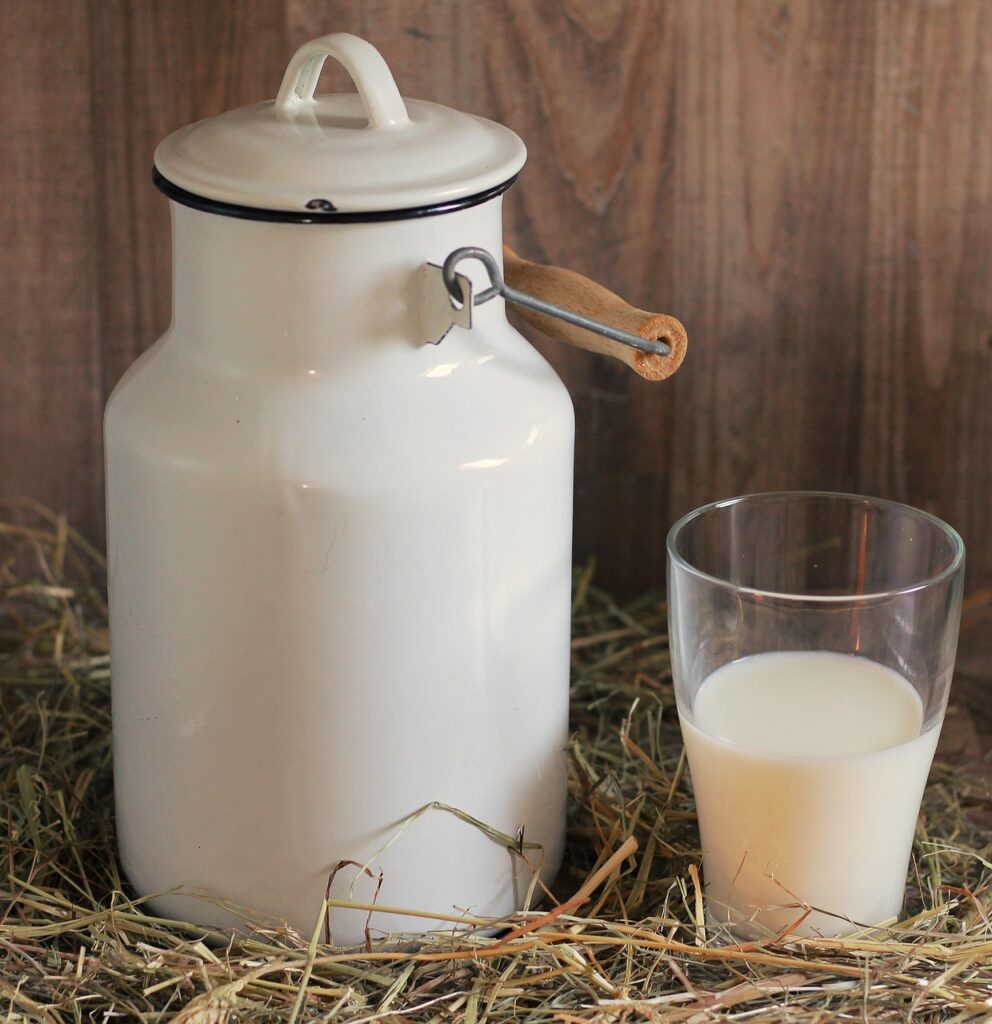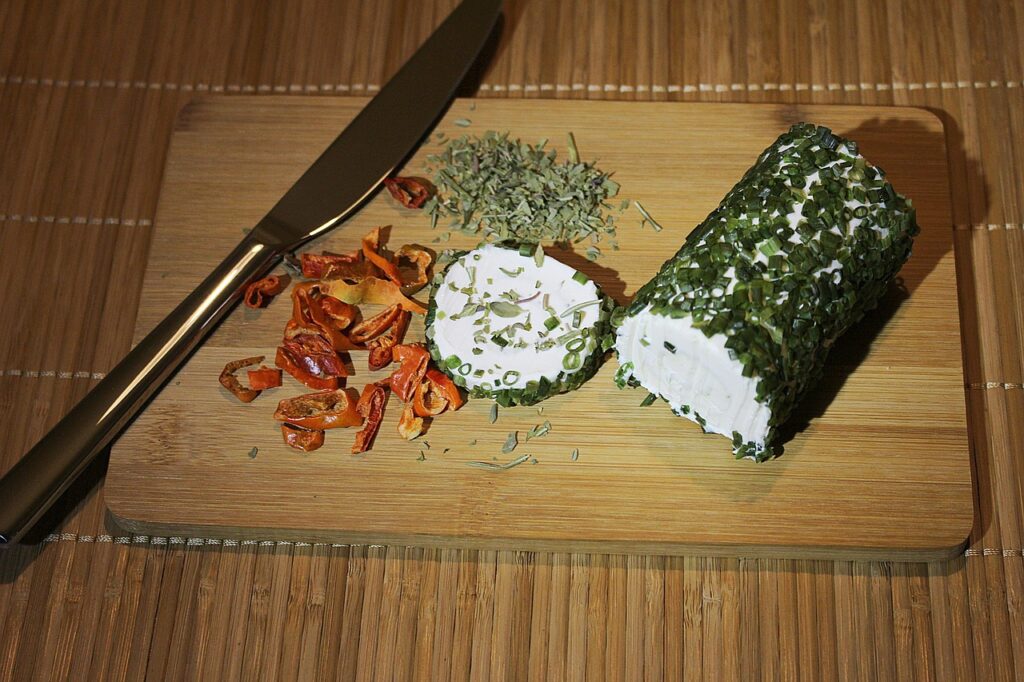For centuries, goat milk has been cherished across cultures as a nutritional powerhouse, yet it remains overshadowed by its bovine counterpart in many Western countries. This ancient superfood deserves recognition for its exceptional health benefits and unique nutritional profile that sets it apart from cow’s milk in remarkable ways.
Superior Digestibility: A Gentle Alternative
One of the most compelling advantages of goat milk lies in its exceptional digestibility. The protein structure in goat milk contains smaller fat globules and different casein proteins compared to cow’s milk, making it significantly easier for the human digestive system to process. The fat molecules in goat milk are naturally homogenized, meaning they don’t separate and create a cream layer like cow’s milk does. This natural homogenization contributes to better absorption and reduced digestive stress.
Many individuals who experience lactose intolerance with cow’s milk find goat milk to be a viable alternative. While goat milk does contain lactose, it typically contains slightly less than cow’s milk, and the overall composition makes it more tolerable for sensitive digestive systems.
Nutritional Superiority: A Vitamin and Mineral Powerhouse
Goat milk boasts an impressive nutritional profile that often surpasses cow’s milk in several key areas. It contains higher levels of essential vitamins and minerals, including vitamin A, vitamin B6, potassium, niacin, and selenium. The vitamin A content in goat milk is particularly noteworthy, containing up to four times more than cow’s milk, which supports eye health, immune function, and skin integrity.
The mineral composition of goat milk is equally impressive. It provides substantial amounts of calcium, phosphorus, and magnesium, essential for bone health and metabolic functions. The bioavailability of these minerals in goat milk is often superior to other dairy sources, meaning your body can absorb and utilize them more effectively.
Heart-Healthy Properties
Research suggests that goat milk may offer cardiovascular benefits due to its unique fatty acid profile. It contains higher levels of medium-chain fatty acids, which are metabolized differently than long-chain fatty acids found in cow’s milk. These medium-chain fatty acids are less likely to be stored as body fat and may actually support healthy cholesterol levels.
Additionally, goat milk contains compounds that may help reduce inflammation in the body, potentially lowering the risk of heart disease and other inflammatory conditions. The presence of conjugated linoleic acid (CLA) in goat milk has been associated with improved heart health and metabolic function.
Immune System Support

The immunological benefits of goat milk are particularly fascinating. It contains higher levels of certain immunoglobulins and antimicrobial compounds compared to cow’s milk. These natural defense mechanisms can help support the immune system and protect against harmful bacteria and viruses.
Goat milk also contains oligosaccharides, complex carbohydrates that act as prebiotics, feeding beneficial bacteria in the gut. A healthy gut microbiome is crucial for overall immune function, making goat milk an excellent choice for supporting long-term health.
Skin Health and Beauty Benefits
Throughout history, goat milk has been celebrated for its cosmetic properties. Cleopatra famously bathed in goat milk, understanding its skin-nourishing benefits. The lactic acid in goat milk provides gentle exfoliation, while the rich vitamin and mineral content nourishes and moisturizes the skin.
The anti-inflammatory properties of goat milk can help soothe irritated skin conditions such as eczema and dermatitis. Many people who suffer from skin sensitivities find that incorporating goat milk into their diet or skincare routine provides noticeable improvements.
Environmental Considerations
From an environmental perspective, goats are often more sustainable than cows. They require less land, water, and feed to produce milk, making goat milk a more eco-friendly choice. Goats can thrive in harsh environments where cows cannot survive, making them valuable for sustainable agriculture in various climates.
Culinary Versatility

Beyond its health benefits, goat milk offers unique culinary possibilities. Its slightly tangy, creamy flavor adds complexity to both sweet and savory dishes. It can be used in baking, coffee drinks, smoothies, and as a base for artisanal cheeses and yogurts.
Conclusion: Embracing an Ancient Superfood
Goat milk represents a return to traditional, nutrient-dense foods that have sustained human populations for millennia. Its superior digestibility, exceptional nutritional profile, and health-promoting properties make it an excellent addition to a balanced diet. While it may require some adjustment for those accustomed to cow’s milk, the potential health benefits make goat milk worth exploring.
As we continue to seek healthier, more sustainable food choices, goat milk stands out as a remarkable option that combines tradition with modern nutritional science. Whether you’re looking to improve digestion, boost nutrition, or simply explore new flavors, goat milk offers a compelling alternative that honors both health and heritage.
